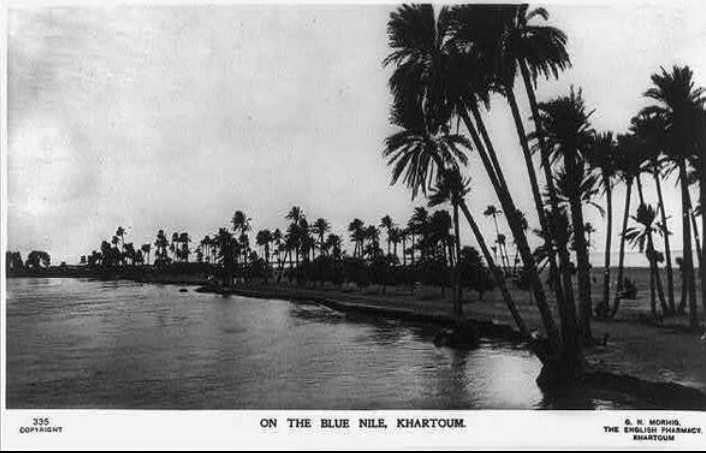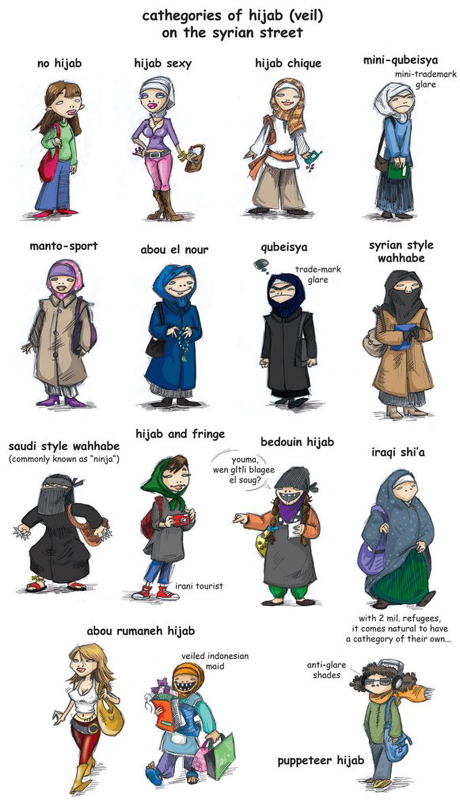A stunning way to tell a story. Check out this audition on the X Factor.
What have you been up to this week? It's been a crazy one on this end...I had this interview come out on Radio National about the piece in the Griffith Review, learnt a fair bit about training someone and read many analyses about the reaction to the Boston Bombings (a few of which I have included below). Enough about me though...here are some of the bits and bobs which caught my eye this week.
Paul Grahams words on finding your purpose and doing what you love (via Brain Pickings).
What you should not do, I think, is worry about the opinion of anyone beyond your friends. You shouldn’t worry about prestige. Prestige is the opinion of the rest of the world.
Prestige is like a powerful magnet that warps even your beliefs about what you enjoy. It causes you to work not on what you like, but what you’d like to like.
Terrorism and other religions...
An amazing piece on moderation versus extremism.
It is this that I wish people remembered.
This a beautiful piece written by artist James Rhodes...
[box]The government is cutting music programmes in schools and slashing Arts grants as gleefully as a morbidly American kid in Baskin Robbins. So if only to stick it to the man, isn't it worth fighting back in some small way? So write your damn book. Learn a Chopin prelude, get all Jackson Pollock with the kids, spend a few hours writing a Haiku. Do it because it counts even without the fanfare, the money, the fame and Heat photo-shoots that all our children now think they're now entitled to because Harry Styles has done it.[/box]
Very cool Facebook page, Room for Debate - it is the exact kind of space I would like to encourage and grow...They are currently talking about whether the Hijab is worth fighting for?
[box] ...aside from the racial overtones when mostly white Western women are trying to “save” mostly non-white non-Western women, Femen activists have insulted the group they claim to care about. A campaign against the hijab is an attack on Islam instead of on patriarchy itself, effectively marginalizing all those women who choose to seek their rights in an Islamic context.[/box]
An MUST read by Mohamed Ghilan on "The Irony of Muslim Terrorism". I've just discovered his blog and I am sold.
A really well presented piece by Stella Young on the Politics of Exclusion, something I know about perhaps from one angle but not from this particular angle - that of disability and the invisibility it renders...
I posted this during the week but it is worth a conversation - diversity in motorsport. Will Buxton writes an awesome piece on this...
I have to include this amazing spoken word video. It's rather viral at the moment (includes swear words). Seriously though, watch it. A letter to JK Rowling from Cho Chang.
Here are some equally interesting critiques, all which bring up interesting points (this is just one example) and it is good to see the poet has engaged with them via her tumblr. I think pieces like this are extremely important and a healthy part of the public sphere of debate. Clearly, there are many critiques, but what this has achieved is highlighted a problematic discourse and created a catalyst - a conversation through which we as a society can dismantle and tackle the issue. How can issues ever be resolved if they are not talked about?
For a bit of fun, check out these awesome LEGO CREATIONS!
Enjoy your Sunday!
























 A small incident occurred in my life a couple of weeks ago that I had trouble processing.
A small incident occurred in my life a couple of weeks ago that I had trouble processing.

